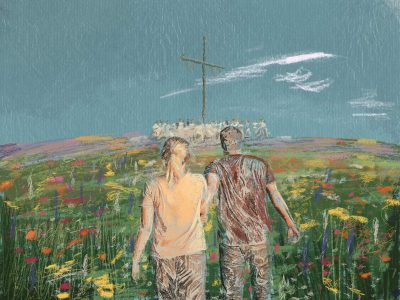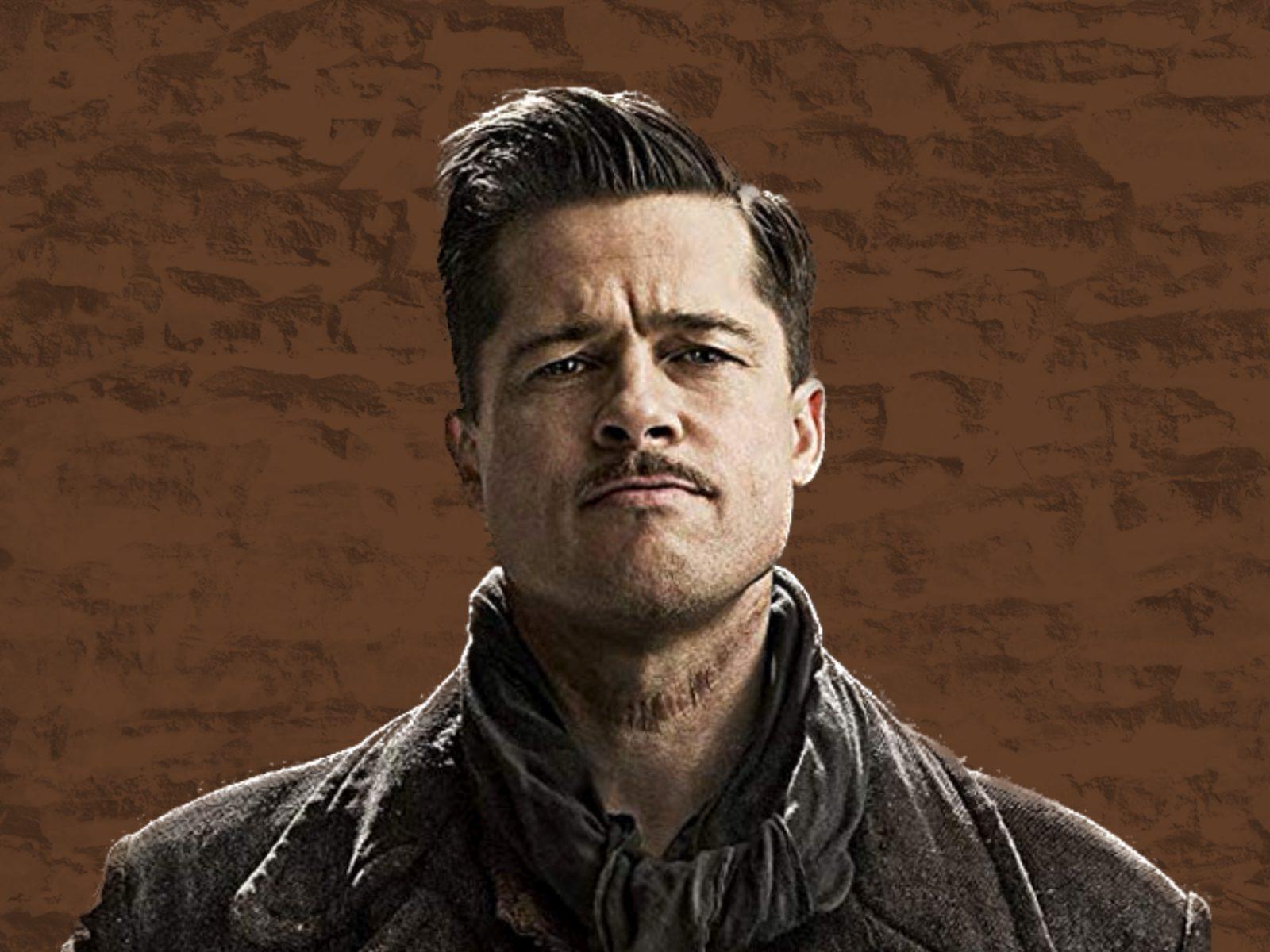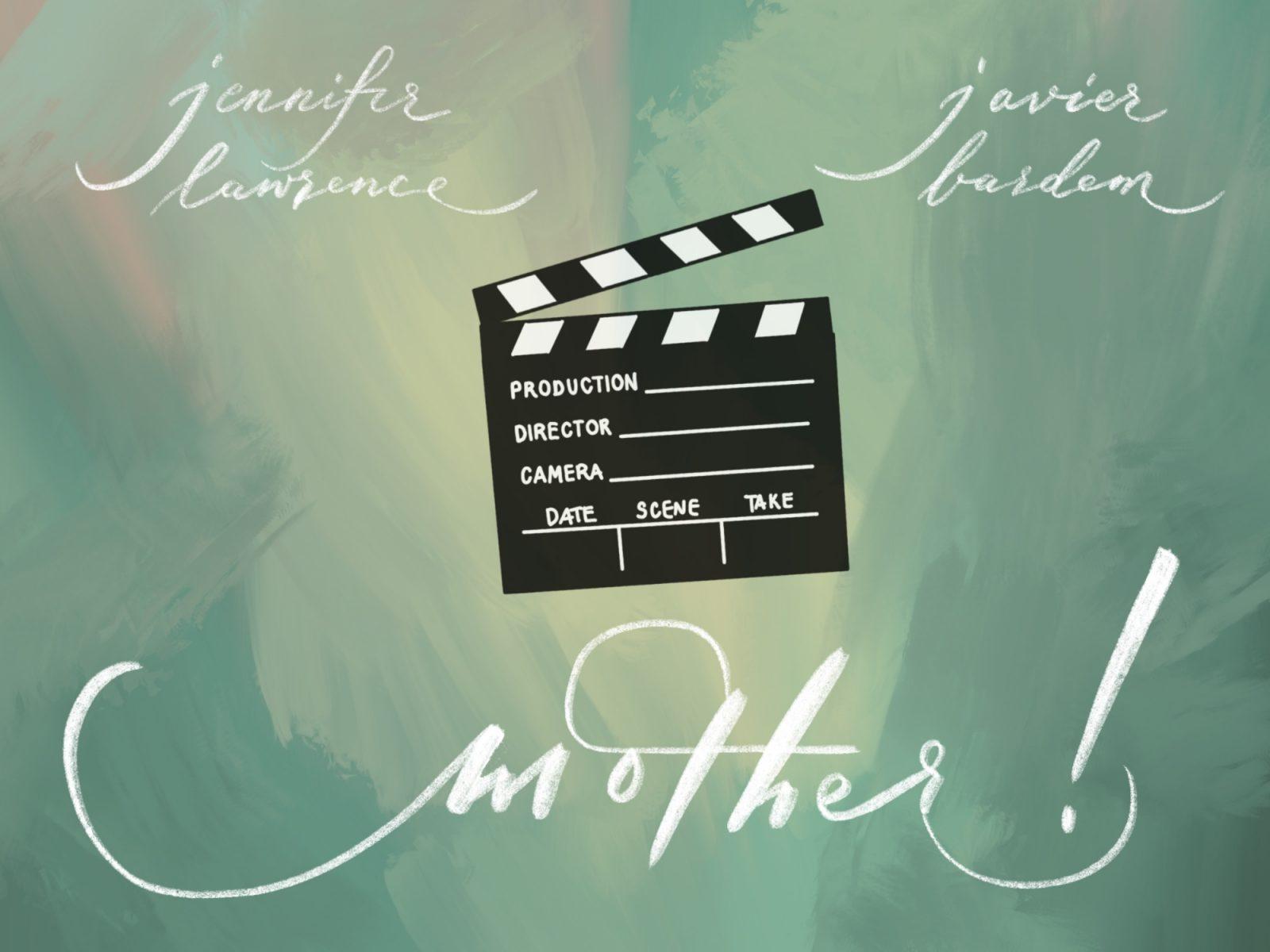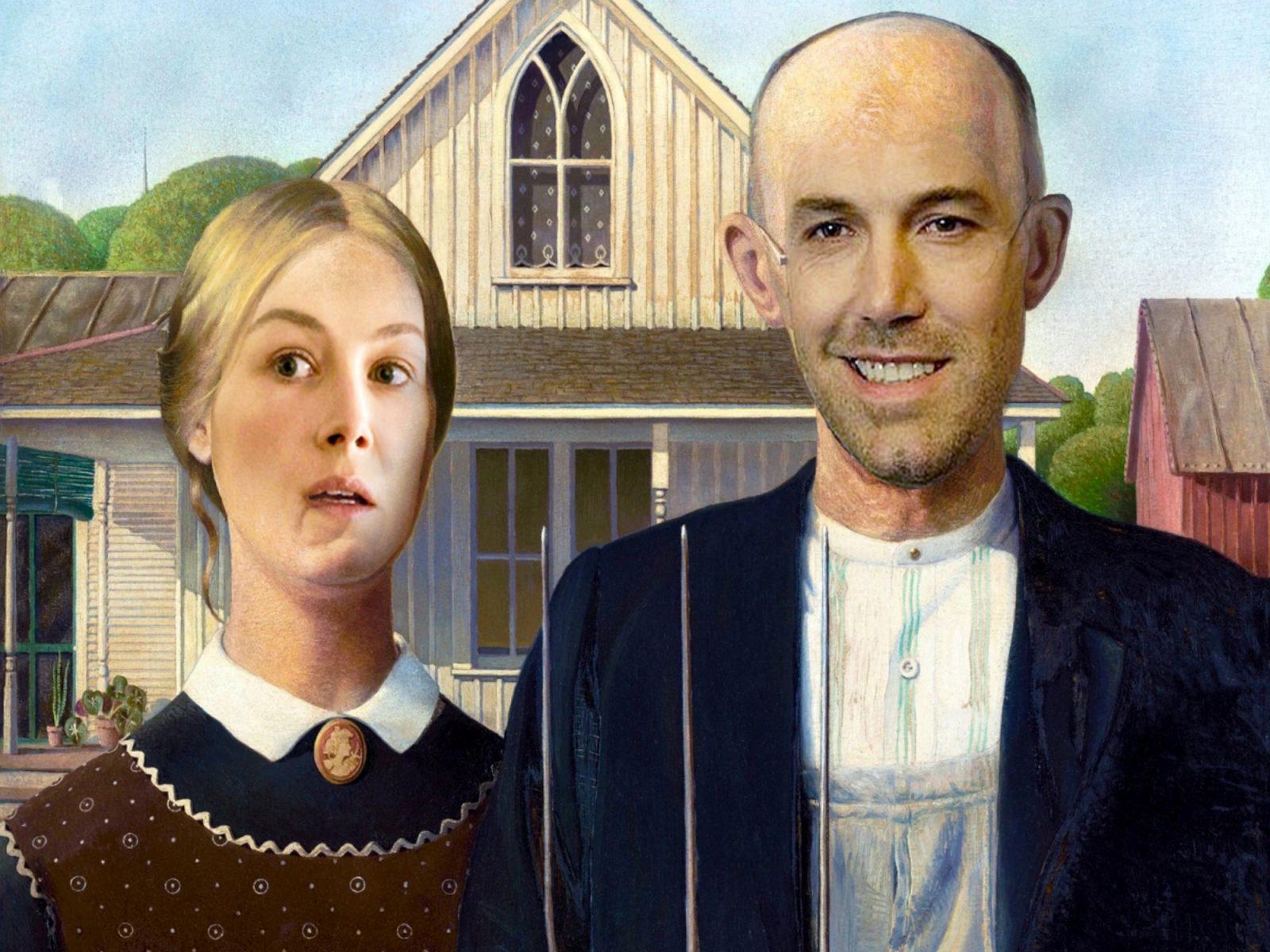Think of the most horrifying nightmare you’ve ever had. One that woke you up in a cold sweat and freaked you out so bad that you couldn’t even enjoy your delectable morning bowl of Lucky Charms. That right there? That nightmare is Ari Aster’s wet dream. He’s sick, twisted and brilliant.

You’ve probably heard people arguing about which of his films is better: “Hereditary” or “Midsommar.” It’s natural for people to compare them: He’s a relatively new director, so his catalog isn’t extensive. I, too, used to take part in the debate — a ride or die for “Midsommar.”
However, after rewatching and analyzing both films, I have come to a new conclusion: “Midsommar” and “Hereditary” are actually companion pieces. Now, let me explain.
Aster uses horrific tragedies as catalysts for both “Hereditary” and “Midsommar” to depict the impact of familial deaths on living family members and their ability to reckon with the overwhelming pain and sorrow that accompanies grief.
“Hereditary” doesn’t turn dark until about 34 minutes into the film, when Charlie (Milly Shapiro) unknowingly consumes nuts and goes into anaphylactic shock. Her brother Peter (Alex Wolff) rushes to take her to the hospital. During the drive, Charlie sticks her head out the window for air, but when Peter swerves the car to avoid a deer lying in the road, Charlie collides with a telephone pole and is instantly decapitated.
Toni Collette’s wails of agony after her character, Annie, sees her daughter’s headless body in the driveway might be the most horrific aspect of the film. Although, a close second is most definitely Collette’s lack of an Oscar nomination.
Comparatively, “Midsommar” jumps straight in after Dani (Florence Pugh) receives concerning messages from her sister. Dani calls her boyfriend, Christian (Jack Reynor), who disregards the situation and chalks up her sister’s messages to attention-seeking behavior. In the grim sequence that follows, it is revealed that her sister did actually commit suicide, and in the process, she also took the lives of their parents.
Both films focus on the guilt and anguish that torments the affected characters in the aftermath of their family member’s deaths. However, Aster’s approach to portraying the expression of grief and the effect that it has on the healing process varies greatly between the films.
Through Annie and Peter’s relationship, “Hereditary” highlights how a lack of communication can allow grief to fester into resentment. In the film’s famous dinner scene, tensions rise to the surface.
Peter obviously feels guilty for the role he played in his sister’s death, and he’s aware of his mother’s disdain for him. As they sit quietly across from each other, I can sense it, too. It’s like the calm before the storm — the air is electrically charged and lightning is on the precipice of its strike. I know the feeling. He can’t handle waiting anymore, he needs her to “just f—king say it.”
Say it, she does. In her outburst, she concedes that she’s aware he didn’t mean to hurt his sister, and that she knows he’s in pain. Yet, she continues to blame him for not only Charlie’s death, but also her own inability to move on and heal because, as she asserts, none of them can admit what they’ve done wrong.
While some of what she’s saying may be truthful, she’s also projecting her own guilt and torment onto her family. She knows that Charlie wouldn’t have died if she hadn’t forced Peter to take her to the party, and reckoning with that knowledge must be extremely difficult for her.
Ultimately, the truth is no one is really to blame, but trying to understand why a precious thing like an innocent life could be taken away so quickly is easier to do when we have somewhere to point all of our rage and sadness.
Annie and Peter’s division from each other and isolation in their grieving allows them to be consumed by their own emotional turmoil, leaving them weak and susceptible to the satanic forces that have preyed on their family for generations.
Thus, “Hereditary.” The open-wounds our families refuse to contend with shall continue to fester in the families that follow. Generational trauma, baby.
In contrast, “Midsommar” is about the need for family and how sharing the burden of grief can free us of the pain we force entirely onto ourselves.
After the death of her family, Dani is sickened with misery and guilt. She not only blames herself for underestimating the seriousness of her sister’s messages, but she also feels bad for relying on her boyfriend for support when he often acts burdened by her presence.
Upon arriving at the Hårga village, it is evident that the community has a different way of living. They pick flowers backwards, they wait to eat as a group until it feels right and they hold ceremonies where elders commit suicide by jumping off a cliff in front of everyone.
Aster seems to have a fascination with pagan culture, as it’s overtly depicted in “Midsommar” and briefly explored in “Hereditary.” While the latter’s naked worshippers bowing at King Paimon’s feet certainly feels reminiscent of cultish behavior, the former teeters the line between cult and collectivism.
I believe Aster purposefully attempts to depict the nuances of collectivism, the good and the bad, in order to explore family and relationship dynamics.
The modern individualistic culture of Western society is primarily critiqued through Mark, Christian and Josh’s embodiments of ignorance, selfishness and greed. Their presence in the Hårga village is quickly identified as a poison that must be extracted in order to protect the community’s vitality, and it’s no surprise that their respective outcomes are a consequence of their own actions.
Note to self: never pee on a tree, it might be ancestral.
These negative traits are weeds in the garden of Hårga and must be snipped at the root before they damage the rest of the crops. It is the same for any community or family — ignorance, selfishness, greed — these are things that separate, divide and hurt us.
The Hårga people provide Dani with something she never got from Christian or his friends: empathy. They act as if they’re a single organism — mourning with her and laughing with her. It is through them that she can finally find peace.
In “Hereditary,” Aster demonstrates how withholding the expression of grief and discussion of trauma within a family allows sorrow and guilt to torment individually, leaving people a shell of the person they once were. Whereas in “Midsommar,” Aster illustrates how the expression of pain within a family can help lift the burden of grief off one person and channel it outward to make healing easier for everyone.


























































































































